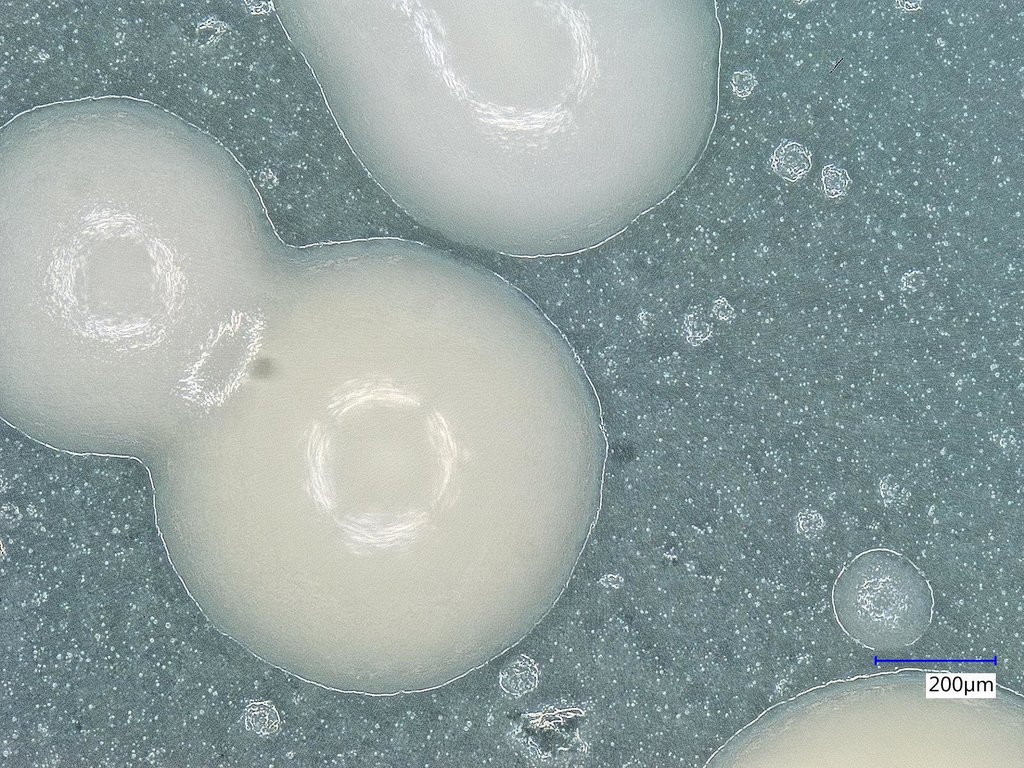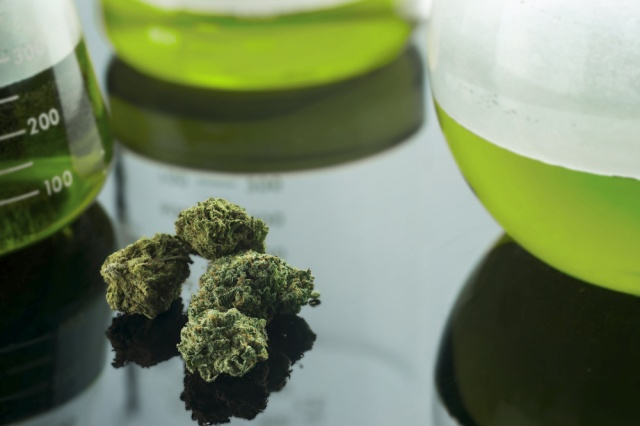Written by: Digital Trends
(Note from Erin: We do not think genetically engineering this is a good idea but, no doubt, the government does. We’d also like to draw attention to this article, “The Complete Guide to Medical Marijuana for Seniors,” as it could be a helpful resource to many.)
Medical marijuana is causing a stir as patients petition for access to cannabis-derived compounds for medicinal purposes, while governments worldwide seek to control the supply of the still-illegal plant. However, biochemists at the Technical University of Dortmund in Germany may have a solution to this conundrum — THC-producing yeast. These genetically-modified organisms are potentially capable of synthesizing THC, and other medically important marijuana compounds, using an affordable method which can be scaled for bulk production.
RELATED STORY:
The team at the Technical University of Dortmund in Germany published the details on their THC-producing yeast in a recent issue of the scientific journal, Biotechnology Letters. The process used the gene for tetrahydrocannabinolic acid (THCA) synthase, an enzyme responsible for the production of THC, and expressed it in two strains of yeast. Using these strains, the team was able to produce small amounts of THC and cannabidiol, another medically active compound found in marijuana which is used to treat epilepsy and other diseases. With the help of THC Pharm of Frankfurt, biochemist Oliver Kayser hopes to increase production to an industrial level, while also hoping to duplicate the entire chemical pathway of THC production, not just the final stage.

A form of yeast that was genetically engineered to produce various cannabinoids. Credit: Oliver Kayser
Researchers from Germany’s Technical University of Dortmund are not the only ones interested in using yeast to make marijuana compounds. Scientists from England’s Anandia Laboratories and Canada’s Hyasynth Bio are also hard at work developing their own strains of THC-producing yeast. However, these teams already have some stiff competition from an unexpected source — the marijuana plant itself. Some strains of the marijuana plant are bursting with THC, with up to 30 percent THC per dry weight. Called the “the Ferrari of the plant world” by Anandia Laboratories founder Dr. Jonathan Page, it appears the marijuana plant is hard to beat.
RELATED STORY:
Researchers are not giving up on genetic engineering, though. The production of THC from yeast is desirable as it makes THC affordable and easy to obtain, clearly a win-win situation for both patients and scientists (we think it’s a lose-lose using genetically modified anything). Patients who need THC could purchase the less expensive form of the chemical derived from yeast instead of opting for chemically synthesized pills, which tend to be expensive for consumers. It also spares patients and scientists from the complicated issue of growing and obtaining medical marijuana plants. Yeast production also may improve access to THC and marijuana’s other medically-important constituents, making it possible to test the medical effectiveness of THC, cannabidiol, and other chemicals in both animal and human studies.












